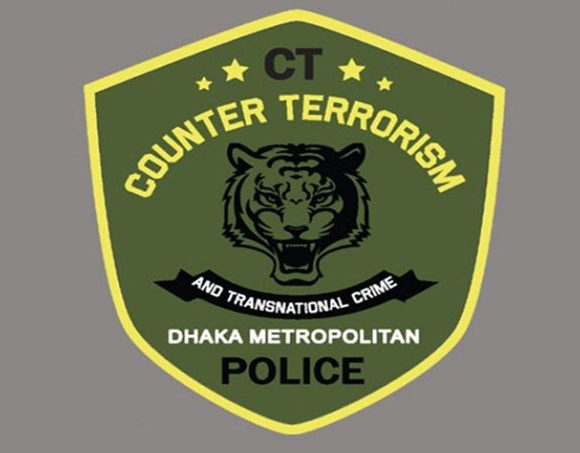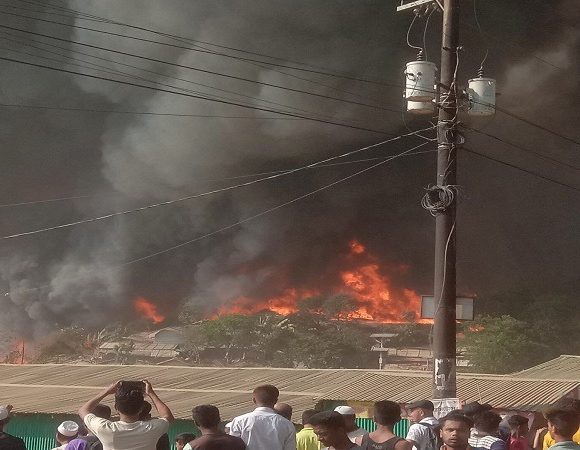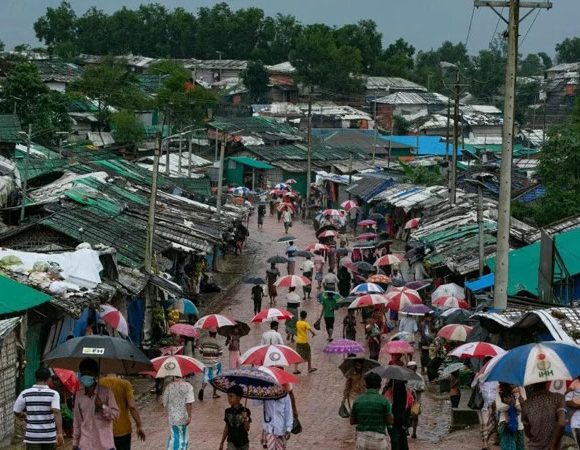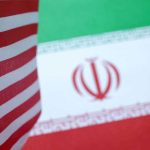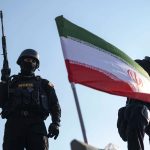ICC appoints head of team to investigate Rohingya case
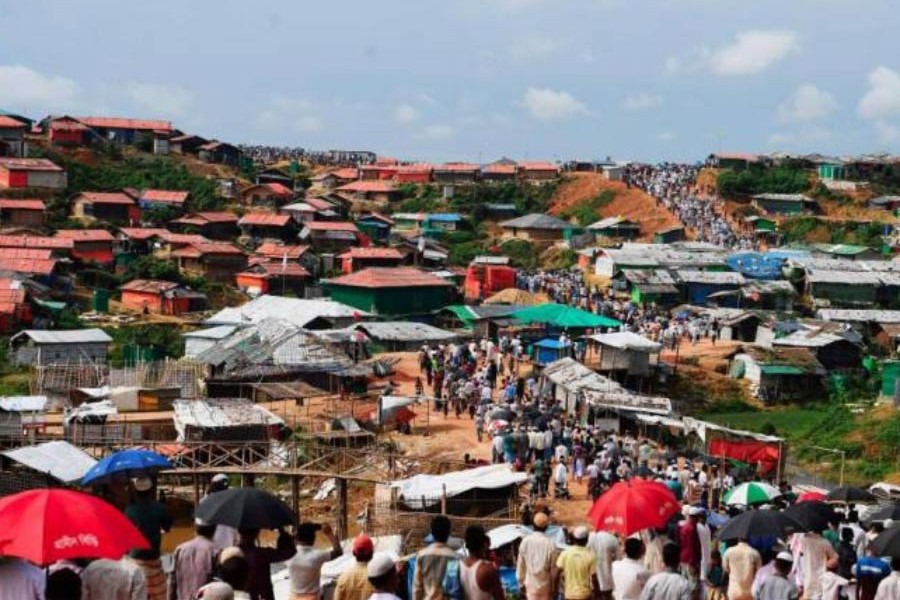
NEWS DESK
International Criminal Court (ICC) Prosecutor Karim AA Khan KC has appointed Essa Faal, a senior lawyer previously serving as Head of the Truth and Reconciliation Commission in the Gambia, to head the team investigating the Rohingya case.
“I am seeking additional resources from States in our budget for 2024 to further strengthen our work in this Situation,” he was quoted as saying in a message received from the ICC on Monday.
Khan, who concluded his second visit to Bangladesh recently, said: “The Rohingya must not be forgotten. Together, we can deliver on their legitimate expectations of justice.”
During his visit, the ICC underlined to the Rohingya community, and in particular the 1.1 million refugees now in Bangladesh, that they remain committed to delivering meaningful accountability for the suffering they have endured.
Khan is profoundly grateful for the warmth and openness they received.
In the Kutupalong refugee camps, he met with a group of women who spoke with clarity and purpose of their personal experiences and central need for accountability.
Khan also sat with youth groups whose energy and wishes to play their own part in the cause of justice served as a true source of inspiration for our work.
“The willingness of the Rohingya to still believe in and seek accountability, despite their experiences, is something that we must repay by redoubling our efforts,” he said.
When speaking with the Rohingya community, he was also able to outline the work his Office has done on the ground since my last visit to advance our investigations, including: the conduct of 11 long-term missions by staff members over the last year to interview witnesses and collect evidence; continuous investigative and analytical activities by the team dedicated to this investigation; the holding of over 50 meetings with civil society organizations to support investigations and increase understanding of our work; and the hosting of Rohingya organizations in the Hague to deepen their discussions on gender persecution and crimes against children.
“I was also able to inform those I met that we are further reinforcing our resources for this investigation,” he said.
“I am deploying resources from the Trust Fund that my Office has established in order to increase investigative capacity with respect to sexual and gender-based crimes and crimes against children,” he added.
During this week he met again with Sheikh Hasina, Prime Minister of Bangladesh, as well as AK Abdul Momen, Foreign Minister of Bangladesh.
He also met with Masud Bin Momen, Foreign Secretary of Bangladesh, and Mizanur Rahman, Refugee Relief and Repatriation Commissioner.
“As I said to the Prime Minister: the Office and the International Criminal Court (ICC) more broadly owes a great deal to Bangladesh, a country which has consistently demonstrated its commitment to the cause of international justice,” Khan said.
He also expressed his personal thanks to Sheikh Hasina for her strong support to the work of the ICC. “In our meeting we made further progress in deepening cooperation between my Office and the Government of Bangladesh.”
His meeting with UN Resident Coordinator, Gwyn Lewis, and UNHCR Country Director, Johannes van der Klaauw allowed him to identify further ways of strengthening our cooperation in-country, while highlighting the serious challenges faced by international agencies in providing the requisite support to the Rohingya community as donor support has reduced, said the Prosecutor.
“I was profoundly impacted by the fact that from March this year, families in the camps can only be given enough food for two meals a day, in comparison to the three they used to receive,” he said.
Khan said this is an issue that has implications not just on a humanitarian level but for security, stability, and safety in the camps, and requires urgent action.
This also highlighted a central theme running through all of his engagements in Bangladesh.
The rule of law, whether at the national or international level, relies on everyone believing they have a stake and are respected, Khan said.
“If we allow the inaccurate but potent argument that the law is for a certain region, or that one affected community deserves more support than another, we will ultimately weaken the foundations of the ground on which we all stand.”
That is why deepening work with all partners, whether the Rohingya in Bangladesh, the people of Darfur, survivors of violence in Colombia, communities in the State of Palestine, or our partners in Ukraine is so important, he said.
“If we are able to show an impact across situations, through true focus, we will strengthen the rule of law at the international level to the benefit for everyone.”
“The hope in the eyes of those I met in the camps this week is something we should do everything to protect and vindicate, not just for the Rohingya, but for everyone, in all of our interests,” he added.

